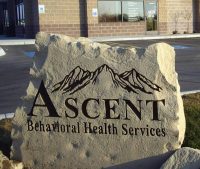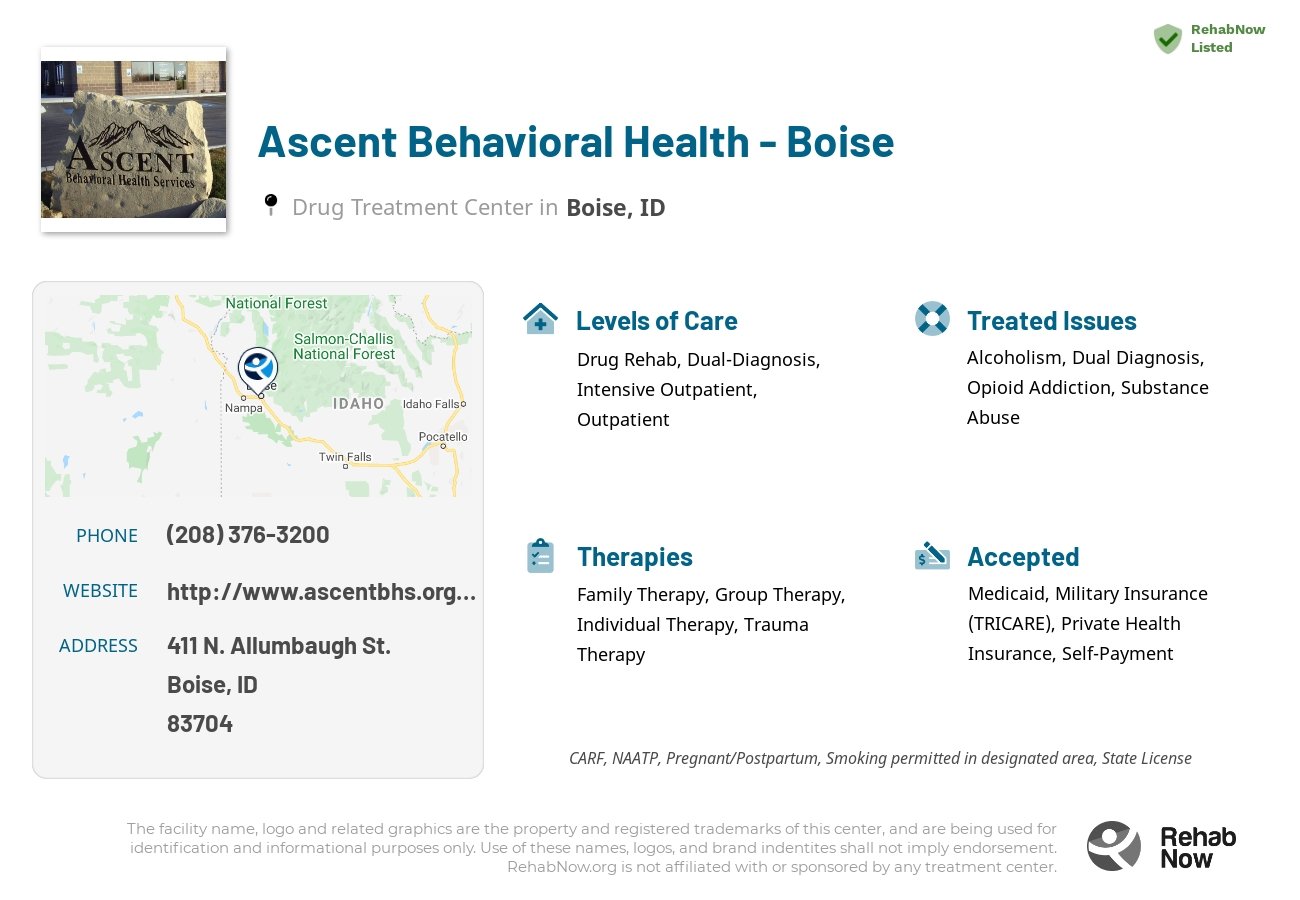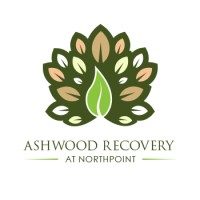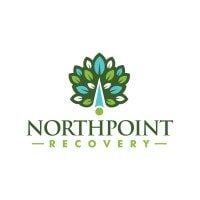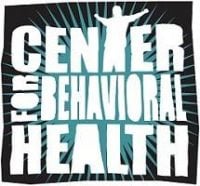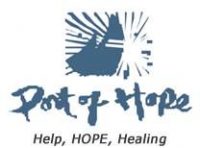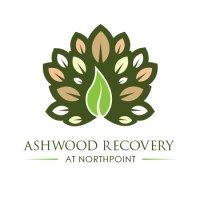About This Idaho Facility
Ascent Behavioral Health in Boise, ID, focuses on outpatient and intensive outpatient treatment for individuals battling alcohol and substance addiction. This facility stands out by integrating treatment with a full continuum of outpatient care, aiming to help clients achieve recovery and improve their overall functioning. Its unique approach includes individual therapy, family support, and specialized classes like anger management.
- Integrated Treatment Approach: Ascent Behavioral Health employs a comprehensive treatment strategy that addresses both substance abuse and psychiatric services.
- Full Continuum of Care: From initial assessment to aftercare, Ascent offers a wide range of services tailored to support recovery at every stage.
- Family and Peer Relationship Improvement: A significant focus is placed on enhancing the client's relationships with family, employers/school, and peers as part of the recovery process.
Ascent Behavioral Health is accredited by the Commission on Accreditation of Rehabilitation Facilities (CARF) and holds a state license, ensuring high-quality care. The facility's primary goal is to assist adults and adolescents in achieving recovery, maintaining abstinence, and living a recovery lifestyle through its integrated and comprehensive outpatient programs.
The center treats a variety of addictions and issues, including alcohol and substance addiction, through methods such as individual therapy, family therapy, and anger management classes. Treatment methods also include motivational interviewing, cognitive behavioral therapy, and holistic healing therapies, offering a broad spectrum of care to meet individual needs.
Genders
Ages
Modality
Additional
Accreditations
State License
Conditions and Issues Treated
People who abuse drugs are likely to suffer from an addiction, which can cause serious health problems. When it comes to helping drug abusers get sober, there are many options to choose from. It is essential to state that there is no “”correct”” way of doing things. People are different, and they need different types of help to get over their addiction.
Many people who struggle with opioid addiction need to attend specific programs like methadone , Suboxone or Vivitrol clinics.
These types of programs will provide the patient with legal, prescription medications that can help them overcome their cravings for illegal opioids like heroin or fentanyl . If the patient has a chronic condition like Hepatitis C, they must undergo treatment before they can begin taking these medications.
Dual Diagnosis refers to someone who is both dealing with addiction and another mental health issue.
There are different kinds of Dual Diagnosis: A person who simultaneously experiences both a mental illness and an addiction disorder. Or, a person who experiences one or more coexisting (simultaneous) mental health conditions in addition to a primary substance use disorder.
Some conditions that commonly co-occur with addiction include:
- Personality Disorders (Borderline, Narcissistic)
- Mood Disorders (Bipolar Disorder, Depression, Anxiety Disorder)
- PTSD (Post Traumatic Stress Disorder), OCD (Obsessive Compulsive Disorder), ADHD (Attention Deficit Hyperactivity Disorder)
- Schizophrenia, Psychosis, Hallucinations, Delusions
Levels of Care Offered at Ascent Behavioral Health - Boise
This center offers a variety of custom treatment tailored to individual recovery. Currently available are Drug Rehab, Dual-Diagnosis, Intensive Outpatient, Outpatient, with additional therapies available as listed below.
Outpatient addiction treatment is beneficial for people who are able to function well in their day-to-day lives. It is recommended for people who are not yet ready to end their relationships with friends or family members who might be encouraging drug and alcohol use.
Intensive outpatient treatment is beneficial for:
- People who are able to attend treatment more than 3 times per week.
- People who do not meet the criteria for inpatient treatment.
- People who are able to contribute to their own recovery outside of the treatment center.
- People who are motivated towards recovery.
- People who are able to overcome addiction on their own without the need for higher levels of care.
Outpatient treatment programs provide drug and alcohol addiction treatment through individual sessions with a counselor, group therapy, 12-step meetings, and other activities to help individuals gain sober living skills. Most programs are designed for those individuals who have completed a medically supervised detoxification program and provide opportunities for clients to begin the process of early recovery.
Outpatient programs also offer a level of medical support as needed and psychological backing through therapy. Clients are encouraged to live at home, though there may be some flexibility regarding this requirement based on the circumstances and needs of each patient.
Outpatient treatment is perhaps the most common type of dual diagnosis program available. It does not pose a significant financial burden on patients. However, it is essential to note that outpatient treatment does not provide the support and supervision given in residential programs. Some addicts may need this level of support to maintain their sobriety.
Therapies & Programs
Therapy sessions focused on the individual addict can provide much-needed guidance as they work toward overcoming their addiction. These types of sessions typically involve guidance from a therapist, who will help addicts identify and process their feelings and cravings.
During these sessions, addicts may develop plans for coping with the triggers that typically lead to relapse and learn how to avoid those triggers during their recovery process.
The main goal of family therapy for drug addiction is to create an environment where communication can occur without judgment, hostility, or blame that often occurs within a family.
Family therapy is a type of group problem-solving that aims to improve communication and relationships between the patient, their family, and sometimes friends. The therapist is with the family as they learn to communicate with each other differently, especially with the addict when s/he is using.
The family can learn to reduce their enabling behavior or rally together and support each other during tough times. The patient also learns how to deal with their addiction and maintain sobriety while interacting with the family.
Different types of addiction treatment services are available. Within this article, group therapy is of interest due to its high success rate compared to individual therapy. Group therapy settings are beneficial because they allow recovering addicts to build a strong support network.
Benefits of group therapy are:
- Reduces feelings of isolation
- Immediate access to social support in the form of fellow addicts in recovery
- Lowers risk of relapse
- Increases rate of sobriety
- Builds coping skills that can be applied to everyday life
Trauma Therapy is a form of therapy that involves working with a patient to help them process and understand the past trauma(s) in their life. The idea behind it is that while some people can experience traumatic events and not have lasting psychiatric symptoms, many others will. In these cases, memories of the event get hidden from consciousness but continue to influence how the person processes and copes with things in their life. They may avoid situations that resemble what happened or become suddenly angry or irritated to a situation that reminds them of a past event.
With the help of a therapist, people can go back over memories and experiences. This helps them understand why they are having problems coping with certain situations and how they can change how they think and react to things. This therapy is typically done using techniques such as visualization, discussion, and writing down thoughts and feelings.
Trauma therapists will work with clients to help them understand their past and present relationships. Many times, patients may believe that something is inherently wrong with them or that they are unworthy of love. A therapist aims to correct these negative feelings and behaviors by helping the person realize that their actions do not reflect who they truly are.
One of the main goals of trauma therapy is to help clients express their emotions and talk about what they are feeling. This benefits both to increase awareness of how certain events have impacted them in the past and enables patients to realize that they can make changes in their lives.
Cognitive Behavioral Therapy (CBT) is used by drug treatment centers to help addicts comprehend the causes of their substance abuse and the consequences that follow. Through CBT, clients learn to recognize and avoid high-risk situations and cope with challenging situations when they arise.
CBT treatment often includes a combination of individual therapy, group therapy, lectures, and other activities. The treatment’s goal is to help addicts gain self-control and maintain abstinence from drugs and alcohol over the long term so that an addict can get sober and lead a more productive life.
CBT is particularly effective in helping people overcome their drug problems, especially people whose drug abuse is motivated by self-defeating beliefs and emotions.
Payment Options Accepted
For specific insurance or payment methods please contact us.
Is your insurance accepted?
Ask an expert, call (888) 674-0062
Ascent Behavioral Health Associated Centers
Discover treatment facilities under the same provider.
- Ascent Behavioral Health - Meridian in Meridian, ID
- Ascent Behavioral Health Services - Boise in Boise, ID
- Ascent Behavioral Health Services - Boise in Boise, ID
- Ascent Behavioral Health Services - Meridian in Meridian, ID
- Ascent Behavioral Health Services - Mountain Home in Mountain Home, ID
Learn More About Ascent Behavioral Health Centers
Additional Details
Specifics, location, and helpful extra information.
Boise, Idaho 83704 Phone Number(208) 376-3200 Meta DetailsUpdated April 15, 2024
Staff Verified
Patient Reviews
There are no reviews yet. Be the first one to write one.
Boise, Idaho Addiction Information
In 2010, Idaho ranked amongst the top ten states of substance abuse in several categories. Alcohol dependence and abuse pose a major problem throughout the state, especially among minors between the ages of 12 and 17 years old. Opioids, like everywhere else in the nation, are also responsible for many substance abuse problems in the Gem State.
The severity of drug addiction in Boise, ID, is considered to be a serious problem. According to statistics, about 23% of people in Boise, have ID and abuse drugs. In 2017, 1 in 10 high school students reported using an illicit drug other than marijuana. Treatment options vary in terms of length, intensity, and cost, so it is important to do your research to find the best fit for your needs.
Treatment in Nearby Cities
- Fruitland, ID (42.6 mi.)
- Boise, ID (3.3 mi.)
- Star, ID (12.7 mi.)
- Coeur D Alene, ID (282.3 mi.)
- Wallace, ID (267.9 mi.)
Centers near Ascent Behavioral Health - Boise
The facility name, logo and brand are the property and registered trademarks of Ascent Behavioral Health - Boise, and are being used for identification and informational purposes only. Use of these names, logos and brands shall not imply endorsement. RehabNow.org is not affiliated with or sponsored by Ascent Behavioral Health - Boise.
